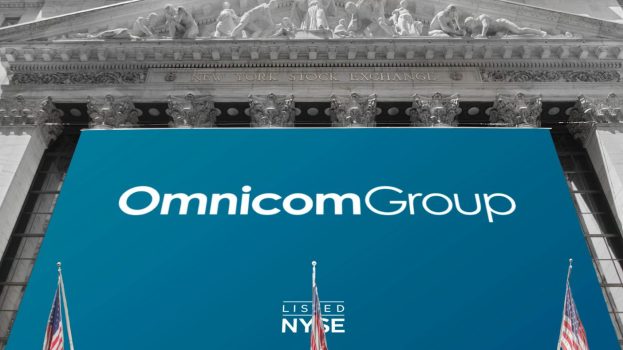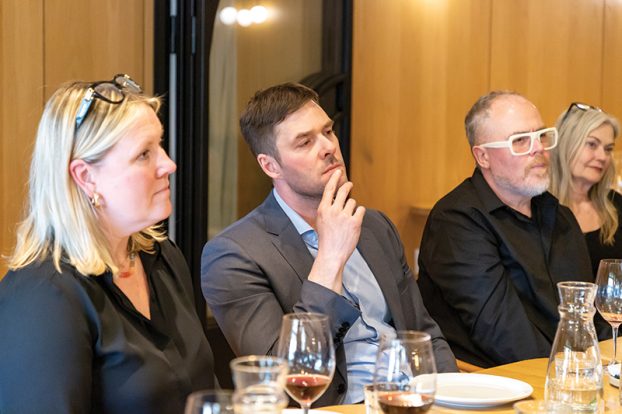If you can’t beat ’em, buy ’em.
That seems to be the rationale of ad agencies across North America as they prepare to reclaim turf conceded in recent years to management consultants.
In 1997, WPP Group, parent of Ogilvy & Mather and J. Walter Thompson, started a trend when it formed its own consulting division through the purchase of three small u.s. consulting firms.
It wasn’t long before the floodgates opened. Last month, it was reported in the u.s. trade press that other multinational agency networks such as Omnicom Group (bbdo, DDB Needham, TBWA Chiat/Day), Young & Rubicam (Wunderman Cato Johnson and Sudler & Hennessey), and the Interpublic Group of Companies (Ammirati Puris Lintas, Lowe Group, and McCann-Erickson Worldwide) are considering following suit with names of major firms such as Andersen Consulting, Booz Allen & Hamilton, and McKinsey & Co. being touted as possible targets.
The management consultant issue has been a hot topic of late in both u.k. and North American agency circles as clients have increasingly opted to bring in management consultants at the behest of their companies’ ceos.
Agencies rarely get to deal with such senior executives, and while no one honestly believes management consultants can replace ad agencies – the disciplines are quite different – agencies also know that directives issued from the top are not likely to be ignored by the marketing and advertising departments.
Just how did management consultants make the inroads they have? In a word: Downsizing. Rationalization by clients and agencies at the beginning of the decade resulted in agencies all but giving up their role as strategic consultants and providers of consumer insights.
But now, it seems, the tables are turning.
Tim Bourgeois, director of research for New Hampshire-based Kennedy Information, a research and advisory organization specializing in the consulting, executive recruiting and human resources categories, says agencies that are moving into management consulting territory are likely trying to capitalize on a bull market for those kinds of services.
He says growth of the business was strong in 1998 – some 15% – and adds the consulting market has doubled over the past five years to us$70 billion worldwide, with the u.s. market accounting for 60% of that.
Whether in Canada or the u.s., management consultants look at a client’s business from a much broader perspective than advertising agencies. Among the issues they deal with are competition, expansion into new markets, globalization, privatization and the proliferation of information technology.
However, Bourgeois believes that rather than feel threatened by their clients’ need for additional consultation, agencies should see it as an opportunity for growth.
For agencies not inclined to purchase a company the size of Andersen, Bain or McKinsey, Bourgeois says there is plenty of room for growth in areas closer to their core competencies.
Consulting on branding, marketing communications and media is already a thriving business in Canada and, given the complexity of today’s marketplace, there is every indication that clients will need more of this specialized, experienced advertising and marketing counsel, say the experts.
That was likely the thinking of Grey Canada when it recently founded War Paint, an autonomous subsidiary that promises to provide clients the kind of counsel they’ve been seeking from non-agency consultants. (See ‘Grey puts on War Paint’, Strategy, Nov. 9).























